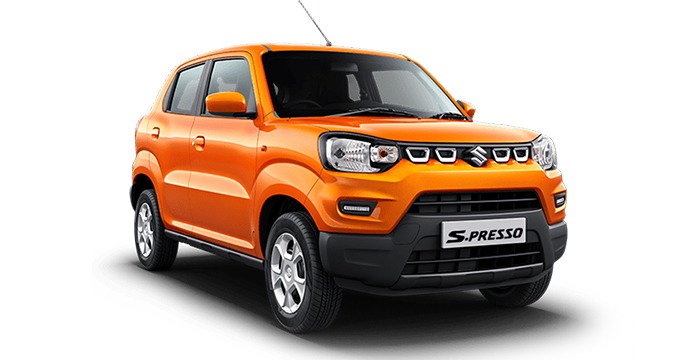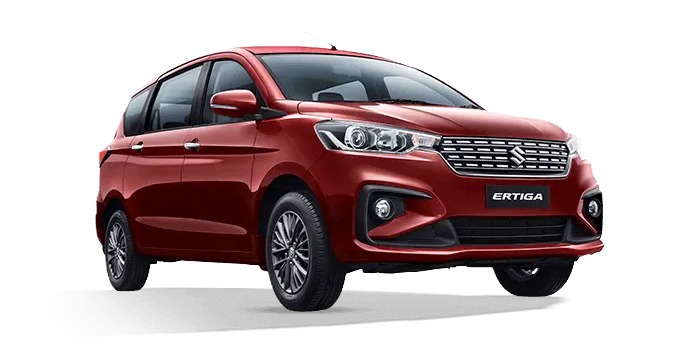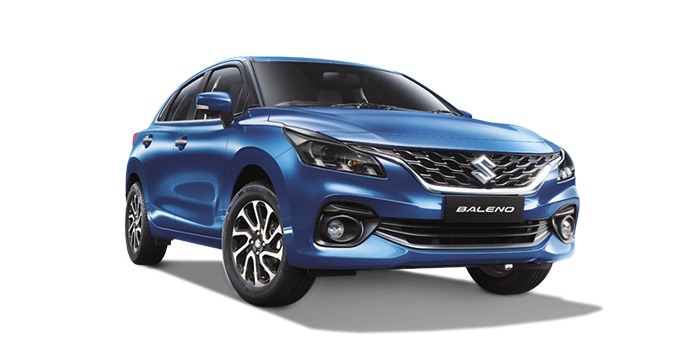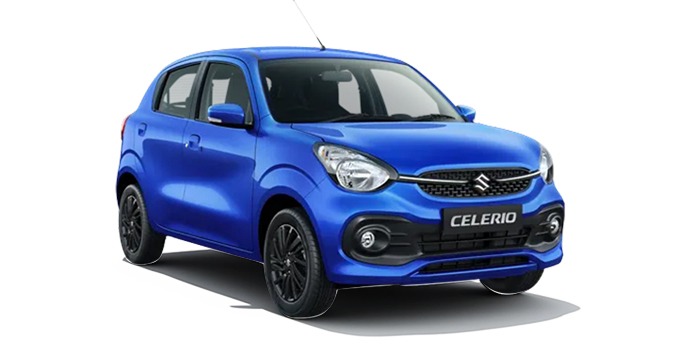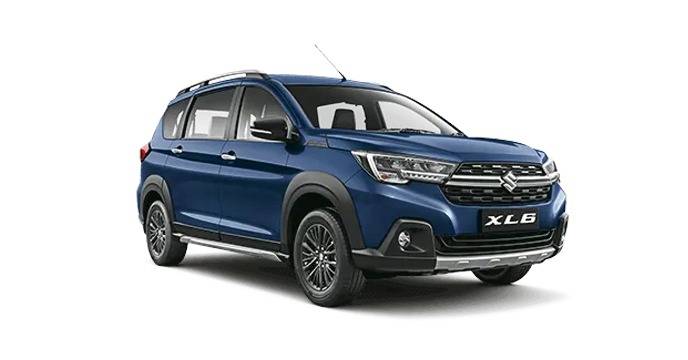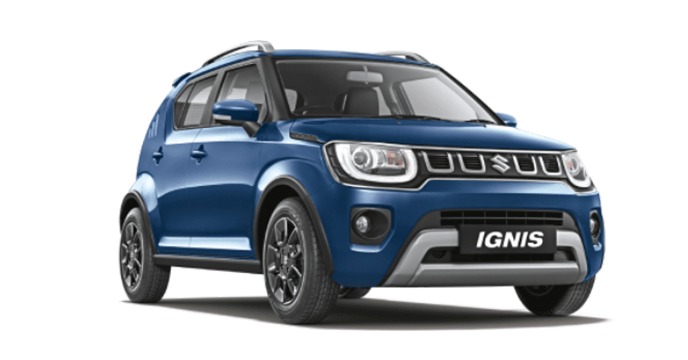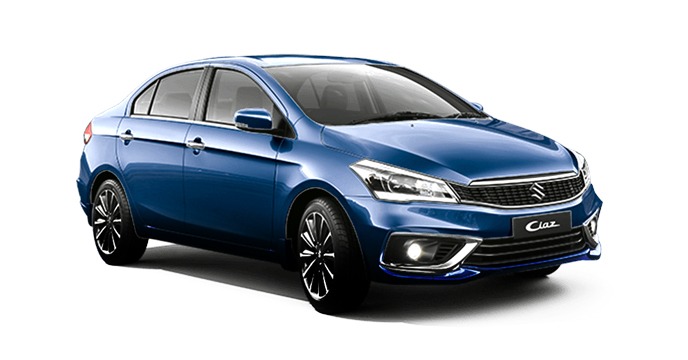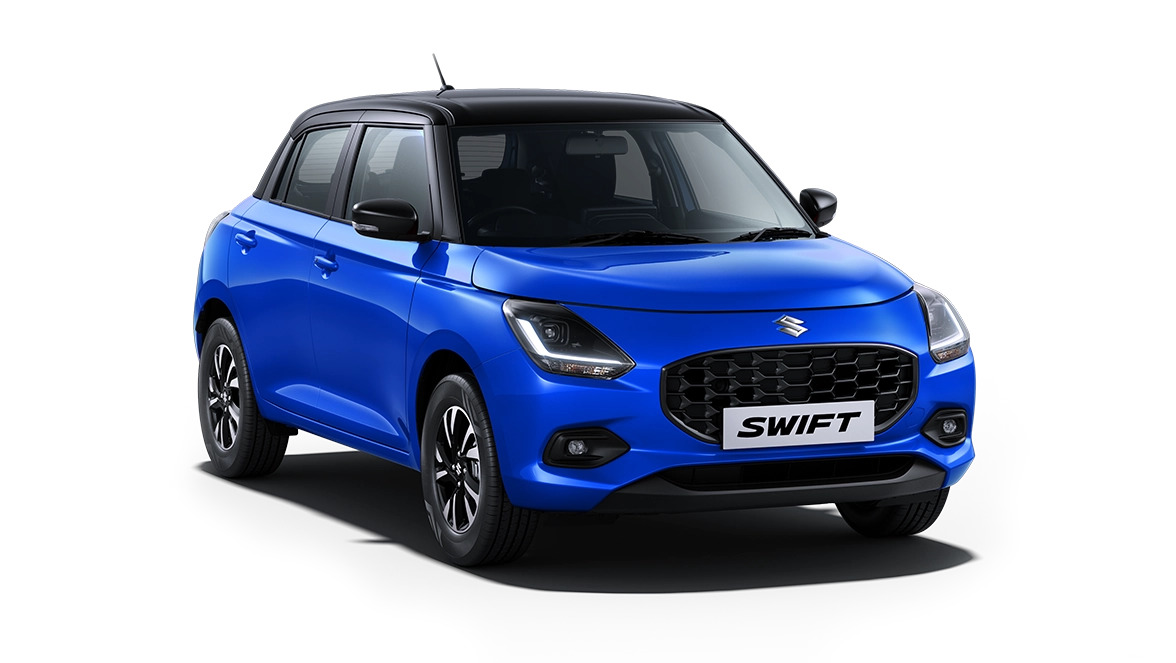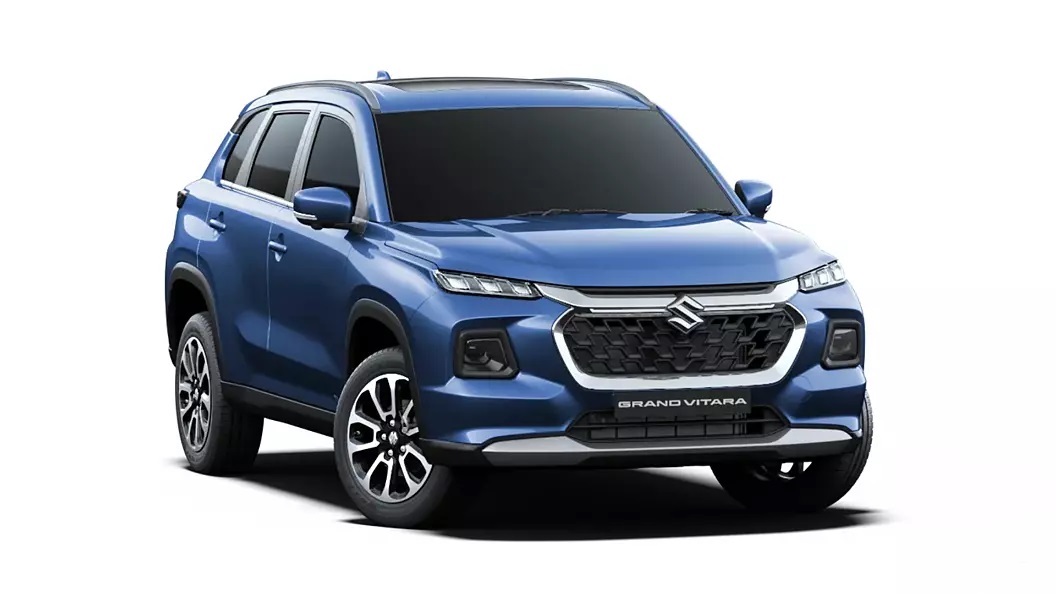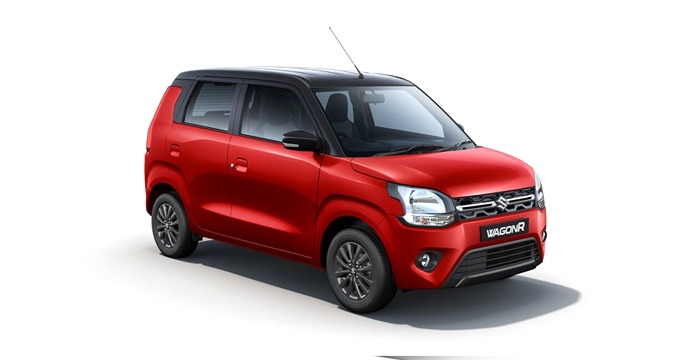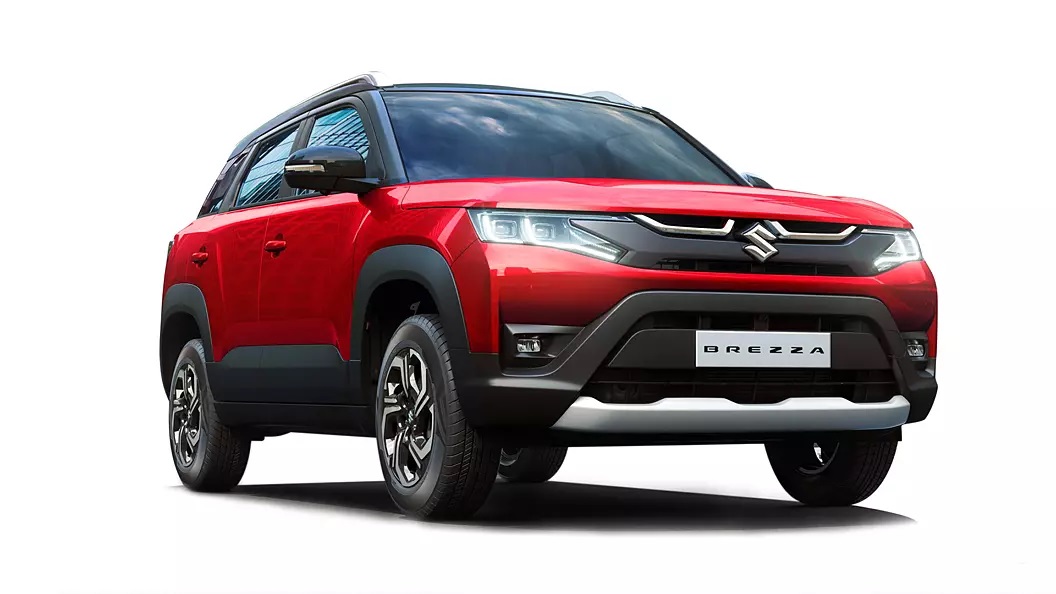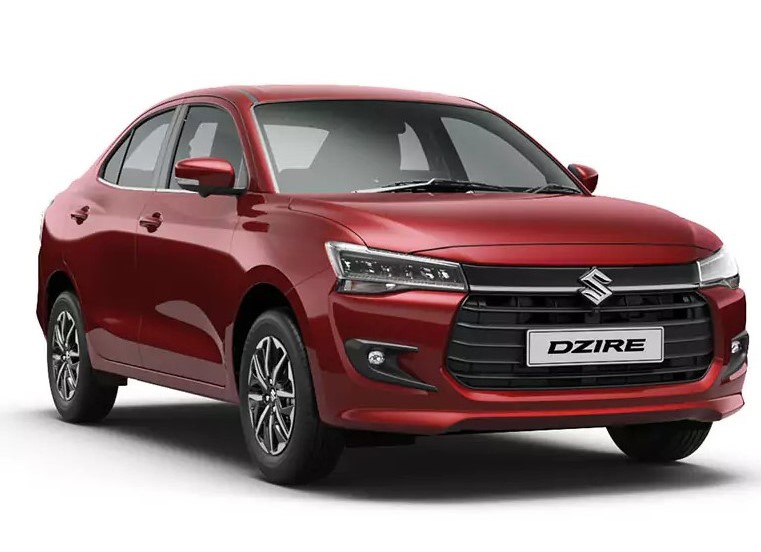Different Types of Sensors used in Maruti Suzuki cars
Different Types of Sensors used in Maruti Suzuki cars
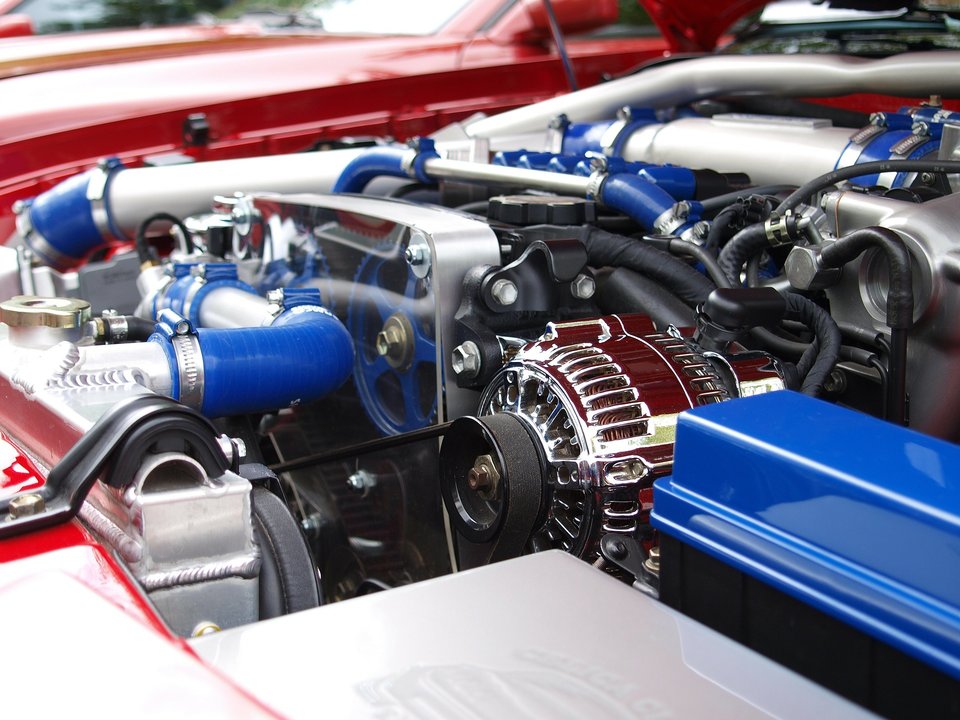
Every advanced machine will have sensors, transducers, and other devices for delivering inputs for indications, sensing variations on physical conditions, and facilitating varying functionalities. The reliability and maintainability of those devices are crucial. Maruti Suzuki uses advanced sensors integrated with proven technology. That has been one of the reasons for the improved performance of Maruti Suzuki cars.
What are the Common Types of Sensors Used in Maruti Cars?
Various sensors aiding different functionalities are installed in Maruti Suzuki cars. Those will be sending out signals indicating the present status of the components, working fluids, and air.
The sensors in Maruti include:
- Engine Speed Sensor
- Airflow Sensor
- Coolant Sensor
- Manifold Absolute Pressure Sensor
- Spark Sensor
- Fuel Temperature Sensor
- Oil Temperature Sensor
- Speed Sensor
- Throttle Position Sensor
- Voltage Sensor
Engine Speed Sensor
The engine speed sensor would be monitoring the engine revolutions per minute. The sensor is connected to the crankshaft. The proper balance of the crankshaft rotation and fuel injection is vital for keeping the ignition on. Else, the engine may stop abruptly and can cause problems. Engine speed sensor helps in precluding the possibilities of such a defect.
ALSO READ: CAR A/C MAINTENANCE TIPS: USEFUL GUIDE
Airflow Sensor
Maintaining a proper airflow is necessary for maintaining the fuel-air mixture in the predefined ratio. The variation in airflow can cause either increased fuel consumption or problematic engine performance. The reliability of the airflow sensor is of utmost importance. Advanced programmed airflow sensors are used in Maruti Suzuki cars nowadays. The fuel efficiency of the car can be increased with an intelligent air-fuel ratio.
Coolant Sensor
Engine cooling system would prevent overheating and consequent breakdown of the engine. The coolant sensor would transmit inputs for controlling various components onboard the vehicle. Associated functions would be regulated based on the sensor signals. Failure of the sensor can cause a wide impact. The integrity and quality of the coolant sensor have to be affirmed prior to installation. Necessary inspections are vital during the periodic preventive and corrective maintenance processes.
Manifold Absolute Pressure Sensor
The absolute pressure in the manifolds would be monitored by the Manifold Absolute Pressure sensor. The pressure difference can lead to inconsistent performance of the engine. And result in cascading effects. It also checks the ram air pressure and compares it with the manifold pressure.
Spark Sensor
Spark Sensor or Spark Knock Sensor would constantly monitor the engine ignition process. Improper burning of fuel can lead to engine knocking. In turn, affecting the internal components adversely. The gaskets, bearings, seals, and rings installed can get damaged due to uncontrolled ignition. A healthy and properly functioning spark knock sensor is crucial for proper ignition.
Fuel Temperature Sensor
The engine is the heart of the automobile. And fuel is the food helping it perform continuously. Fuel temperature plays an important role in keeping the ignition proper and maintaining the engine components healthy. The fuel temperature sensor monitors the engine fuel temperature to prevent problems caused by hot or cold fuel.
Oil Temperature Sensor
Engine oil temperature sensor registers the oil temperature. It gives out a warning in case the engine oil temperature is higher than permissible. The sensor works on the principle of resistance variation. It is a vital part of every automobile engine. The innovatively designed oil temperature sensor is of paramount importance. The engine oil temperature sensor gives out a warning signal to the car driver.
Speed Sensor
The vehicle speed sensor detects the speed of the wheels and provides input to the Odometer. The gauge reading you see is ensured by this sensor. It helps the driver to shift gears according to the speed. In vehicles with Anti Skid Braking System (ABS), the input from the speed sensor goes to the subject system as well. So as to regulate the braking system depending on the speed of the vehicle. A wrong input can be troublesome and may even cause accidents.
Throttle Position Sensor
The Throttle Position sensor would sense the position of the throttle, based on the resistance registered. The signals corresponding to the position of the throttle would be transmitted to the electronic system. A mismatch in the throttle position and fuel injection can be detrimental to the engine’s performance. Ambiguous indications may be the result of a faulty throttle position sensor. You must subject the car to an inspection by an experienced car mechanic and replace the sensor if required.
Voltage Sensor
The voltage sensor is basically for monitoring and managing the idling speed of the car. Furthermore, the sensor ensures whether the speed is increased or decreased as per the throttle movement. The voltage sensor is an essential part of a car.
What are the Uses of Sensors in Cars?
Undoubtedly, sensors are unavoidable for any automobile. Those are the eyes and ears installed in components including the engine, to check for any anomaly.
The uses of sensors in a car are:
- Indications on the condition of consumables including fuel, oil, and coolant
- Inputs to gauges displaying varying performance parameters like speed, RPM, etc
- Warning in case of any defects in the system or lack of fluids
- Assists the driver in the safe driving



